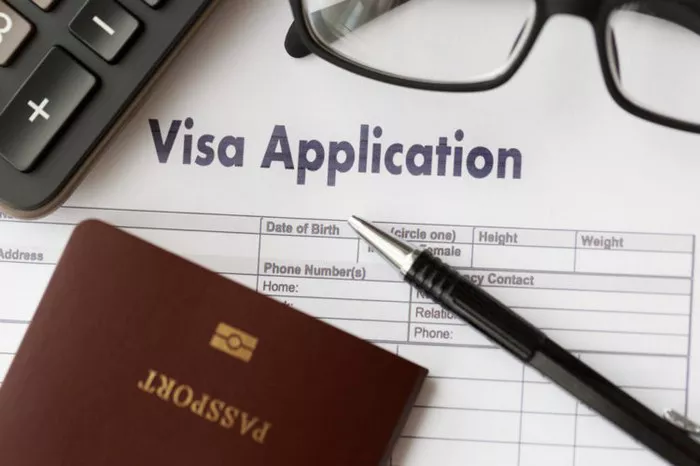In a recent development, the Sri Lankan government, during a meeting held on Monday, deliberated on the visa regulations for foreign visitors entering the country. Following discussions, it was resolved to uphold the existing procedure, wherein the standard 30-day visa is priced at $50, with exemptions for tourists from seven specified nations, including Russia, who are eligible for a complimentary visa, as confirmed by the president’s office.
The statement issued post the cabinet meeting affirms the continuation of the free visa provision for citizens from India, China, Russia, Japan, Malaysia, Thailand, and Indonesia.
Responsibility for visa processing will remain with the Immigration Department, as emphasized in the statement.
Notably, on May 3, Russian tour operators were notified by host companies regarding a forthcoming adjustment in visa fees for Sri Lanka, effective from June 1. The revised fee structure sets the visa cost at $75 for tourists of all age groups. Since April 17, the visa application process has been outsourced to the private entity VFS Global, replacing the former state Eta electronic visa system. This transition has not only led to an increase in visa fees but also in associated processing charges. Consequently, tourists will incur a total expense of $102.5 per person for entry into Sri Lanka. Until November 2023, visa fees ranged from $50 to $60 and were waived for children under 12 years old. Towards the end of November, Sri Lankan authorities waived visa fees for tourists from seven countries for the winter season, initially until the end of March and subsequently extending the period of free visas until the end of May.
Reports from Sri Lankan media indicate that the decision to engage VFS Global has drawn sharp criticism from both opposition groups and representatives of the tourism sector. The latter have urged President Ranil Wickremesinghe to maintain the visa fee for foreigners at the existing rate of $50, citing the need to support the nation’s tourism industry.
Earlier apprehensions expressed by the Russian Union of Tourism Industry (PCT) regarding a potential decline in tourist influx from Russia to Sri Lanka, owing to the abolition of free visas and the subsequent fee hike, underscore the significance of visa policies in influencing travel patterns.


